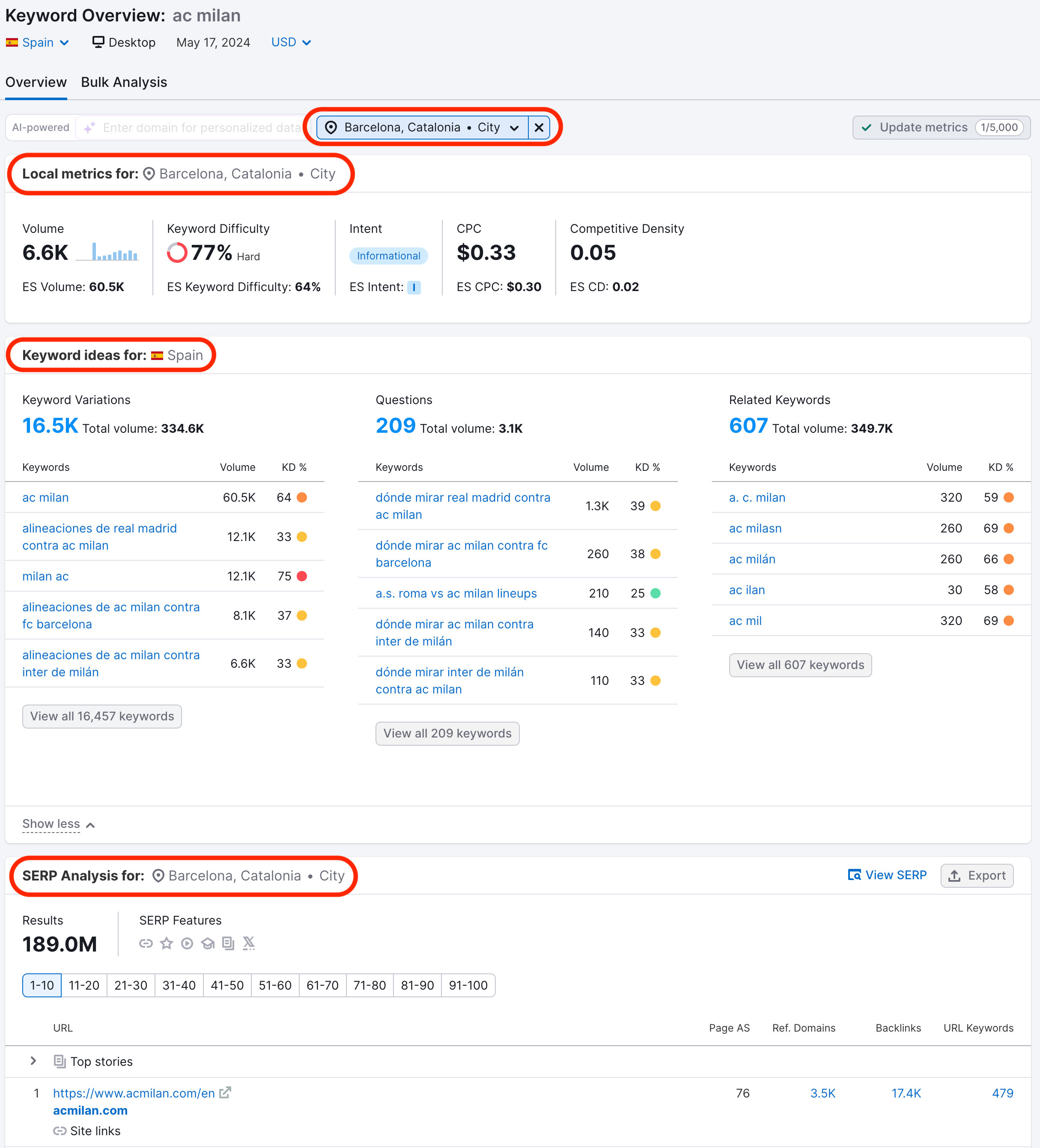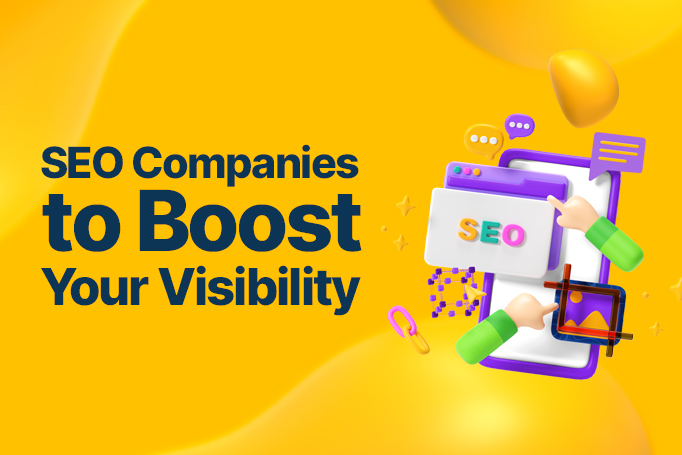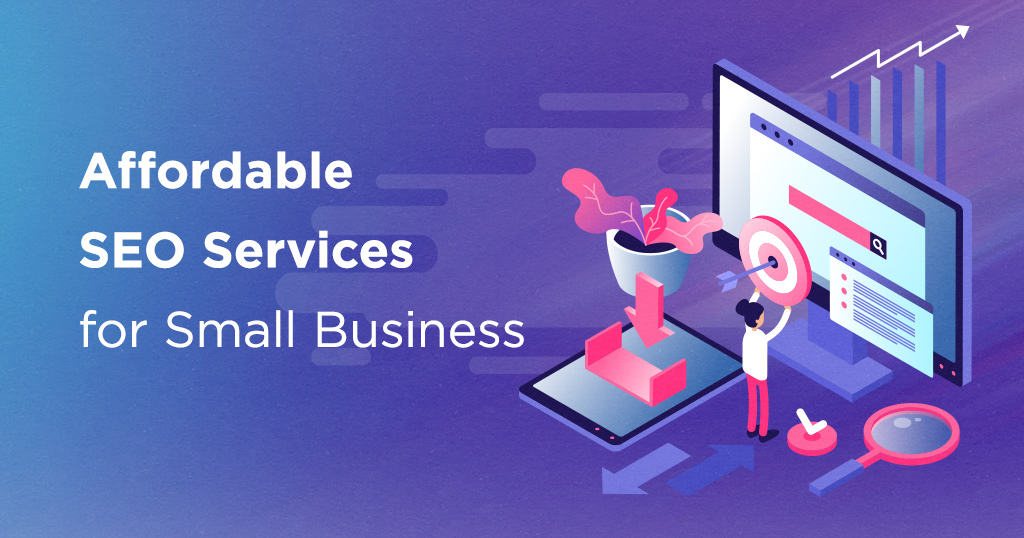In today's competitive digital landscape, simply guessing what your audience is searching for is a recipe for failure. Effective keyword research is the foundation of any successful SEO strategy, guiding your content creation and helping you connect with the right audience. While manual keyword research was once the standard, the rise of artificial intelligence has revolutionized the process, offering a faster, more insightful, and data-driven approach. AI keyword research tools leverage machine learning and natural language processing to analyze vast amounts of search data, uncover user intent, and predict emerging trends with a level of accuracy and speed that manual methods simply can't match.
What an AI Keyword Research Tool Is (and why manual research struggles today)
An AI keyword research tool utilizes artificial intelligence to identify, analyze, and select the most valuable keywords for your SEO and content marketing efforts. Unlike traditional methods that often involve sifting through endless spreadsheets, AI-powered tools automate the heavy lifting. They delve into massive datasets of search queries to understand not just what people are searching for, but why. By leveraging machine learning and natural language processing, these tools can decipher the nuances of human language and search behavior.
Manual keyword research, on the other hand, is becoming increasingly inefficient and less effective. The sheer volume of search data makes it nearly impossible for a human to analyze comprehensively. This traditional approach often relies on basic metrics like search volume and competition, which don't provide a complete picture. It's a time-consuming process prone to human bias and guesswork, making it difficult to keep up with the dynamic nature of search trends and algorithm updates.
Core Benefits Beyond Volume and Difficulty
The true power of AI in keyword research extends far beyond simply identifying high-volume, low-difficulty keywords. These intelligent tools offer a much deeper level of analysis and strategic insight.
A key advantage is the ability to accurately decipher search intent. AI algorithms can analyze search queries to determine whether a user is looking for information, a specific website, or is ready to make a purchase. This allows you to tailor your content to meet the specific needs of your audience at each stage of their journey. If you’re mapping intent to content formats, start with our guide to informational keywords and this primer on transactional keywords.
AI tools also excel at uncovering competitor insights. They can automatically analyze your competitors' websites to see which keywords they rank for and identify their top-performing content. This provides you with valuable opportunities to find gaps in their strategy and create content that outranks them.
Furthermore, AI can group keywords into thematic clusters, which is crucial for building topical authority and organizing your content strategy. For internal linking best practices while building clusters, see how many internal links per page you really need. Instead of targeting individual keywords, you can create comprehensive content that covers a topic in-depth, signaling your expertise to search engines.
Finally, some advanced AI tools offer predictive SEO, which analyzes historical data and search patterns to forecast emerging keyword trends. This allows you to be proactive in your content strategy and capture traffic for topics before they become highly competitive. If you’re scaling category or location pages from templates, our guide to programmatic SEO shows how to pair research with automation.
AI Chatbots vs Dedicated AI Keyword Tools
With the rise of powerful AI chatbots like ChatGPT, many are wondering if they can replace dedicated keyword research tools. While chatbots can be a helpful starting point for brainstorming ideas, they have significant limitations.
AI chatbots are excellent for generating a wide range of keyword ideas, especially long-tail variations, and can help in understanding the topical relevance of different terms. You can prompt them to create lists of keywords for a specific niche or to group existing keywords into clusters.
However, a major drawback is that chatbots do not have access to real-time search engine data. This means they cannot provide crucial metrics like search volume, keyword difficulty, or cost-per-click. Relying solely on a chatbot for keyword research means you're operating without the data needed to prioritize your efforts effectively.
Dedicated AI keyword research tools, in contrast, are specifically designed for SEO. They integrate with search engine data to provide accurate and up-to-date metrics. These platforms offer a comprehensive suite of features for in-depth analysis, competitor research, and rank tracking tools, making them indispensable for a serious SEO strategy. The most effective approach often involves using a chatbot for initial brainstorming and then validating and refining those ideas with a dedicated keyword research tool.
Buying Criteria: How to Choose the Right AI Keyword Research Tool
Selecting the right AI keyword research tool is crucial for maximizing your SEO efforts. With a growing number of options available, it's important to consider several key factors to find the best fit for your needs and budget.
- Accuracy and data coverage: Reliable volume, difficulty, CTR, and fresh databases.
- Feature depth: Competitor and SERP analysis, intent detection, clustering, and on-page recommendations. (Use this on-page SEO checklist to evaluate content features.)
- Ease of use: Intuitive UI that surfaces decisions quickly.
- Scalability & integrations: GSC/GA4, CMS, exports, and APIs to fit your stack.
Top 5 AI Keyword Research Tool Picks
Building on the strategy above, this section spotlights five AI-driven keyword research platforms that streamline discovery, clustering, and brief creation. The mix spans budgets and workflows—and complements these SEO automation tools.
Surfer SEO (Web)
For data-driven content optimization and on-page SEO workflows.

Pricing: Starts at $79/month (billed annually); No free plan; 7-day money-back guarantee.
Standout AI features
- SERP Analyzer for 500+ factors to build guidelines
- Content Editor with live score and NLP suggestions
- Grow Flow weekly AI tasks
- AI Outline Generator for briefs
Pros
- Data-backed recommendations reduce guesswork
- Google Docs/WordPress integrations
- Great for auditing and quick wins
Cons
- Keyword research module is basic
- Pricing can pinch freelancers
- Data density can overwhelm
How it works + evaluation Surfer reverse-engineers SERPs and scores drafts in real time. It excels at on-page optimization; still pair with a deeper research tool.
Best for Writers and SEO teams focused on on-page. Verdict: Choose Surfer to win on-page; bring a separate keyword research source.
Semrush SEO (Web)
Best for building data-backed keyword strategies with AI-personalized difficulty and planning workflows.

Quick facts: From $139.95/month; limited free plan; 7-day trial.
Standout AI features
- Personalized Keyword Difficulty & Topical Authority
- AI-enhanced suggestions in Keyword Magic
- Automated Strategy Builder with clustering
- Copilot SEO Assistant for prioritized tasks
Pros
- Massive datasets across SEO/PPC
- AI personalization surfaces realistic wins
- Integrated audits, ranks, and reports
Cons
- Higher pricing and tier gating
- Tight trial limits
- Learning curve
Verdict: Choose Semrush for end-to-end, AI-assisted strategy and execution.
Ahrefs (Web)
Best for data-driven SEO research, competitive analysis, and scalable planning.

Quick facts: From $99/month ($83 annual); AWT free tier; no full-suite trial.
Standout AI features
- AI keyword suggestions & clustering
- Search intent classification
- Content Helper for draft gap analysis
- AI translations for multilingual lists
Pros
- Huge keyword/backlink indexes
- Excellent SERP context and traffic potential
- Global scaling and exports
Cons
- Premium pricing and quotas on lower tiers
- Steeper learning curve
Verdict: Pick Ahrefs when depth and accuracy outweigh hands-off automation.
Ubersuggest (Web)
All-in-one assistant for budget-friendly research and fast drafts.

Quick facts: From $12/month; free tier (3 daily searches); 7-day trial.
Standout AI features
- AI Writer for titles/outlines/drafts
- Keyword Ideas with intent-friendly metrics
- Content Ideas with social/links
Pros
- Fast research-to-draft workflow
- Simple UI; audits, ranks, backlinks included
- Great price/value
Cons
- Smaller data index; slower heavy reports
- Free tier is very limited
Verdict: Choose for speed and cost; validate with GSC and spot-checks.
Moz Pro (Web)
All-in-one suite with AI intent labeling and page optimization suggestions.

Quick facts: Starter from $39/month (annual); 30-day trial; no free plan after trial.
Standout AI features
- Search intent classification in Keyword Explorer
- LLM-generated Domain Search Theme & topic clusters
- Page Optimization suggestions tied to competitors
Pros
- Trusted DA/Spam Score benchmarking
- Integrated keywords/links/ranks/audits
- Solid reporting + MozBar
Cons
- Starter quotas are tight
- Backlink index trails leaders
Verdict: Great for integrated workflows and prioritization without content auto-generation.
When to Upgrade From Free to Paid
Many start with free tools, which are fine for basics—but limits on data, queries, and features quickly slow growth. If stitching together multiple free sources is eating time or you need competitor/history data, moving to paid saves hours and improves decisions. If you’re weighing tools vs. agencies, here’s why traditional SEO agencies are bad for SMBs —and how AI SEO agents change the economics. Prefer done-for-you? Explore our fully-managed SEO.
Conclusion and Next Steps
AI keyword research tools shift work from manual sifting to strategy: intent, competitors, clustering, and emerging trends. Use AI for scale and discovery; apply human judgment to align topics, validate SERPs, and ship great content consistently.
FAQ
What is an AI keyword research tool?
It uses ML/NLP on large query datasets to surface keywords, intent, competitor insights, and trends faster and more accurately than manual methods.
How is AI keyword research different from manual research?
AI automates analysis across massive datasets and uncovers intent/competitor patterns quickly; manual work is slower and prone to bias.
Can I just use ChatGPT for keyword research?
Great for brainstorming and clustering, but it lacks real-time volume/difficulty data—validate in a dedicated tool.
What should I look for when choosing a tool?
Accurate data, intent/SERP analysis, clustering, ease of use, and integrations (GSC/GA4/CMS).
When should I switch from free to paid?
When free limits block competitor research, history, exports, and collaboration—paid tools unlock coverage, speed, and support.


